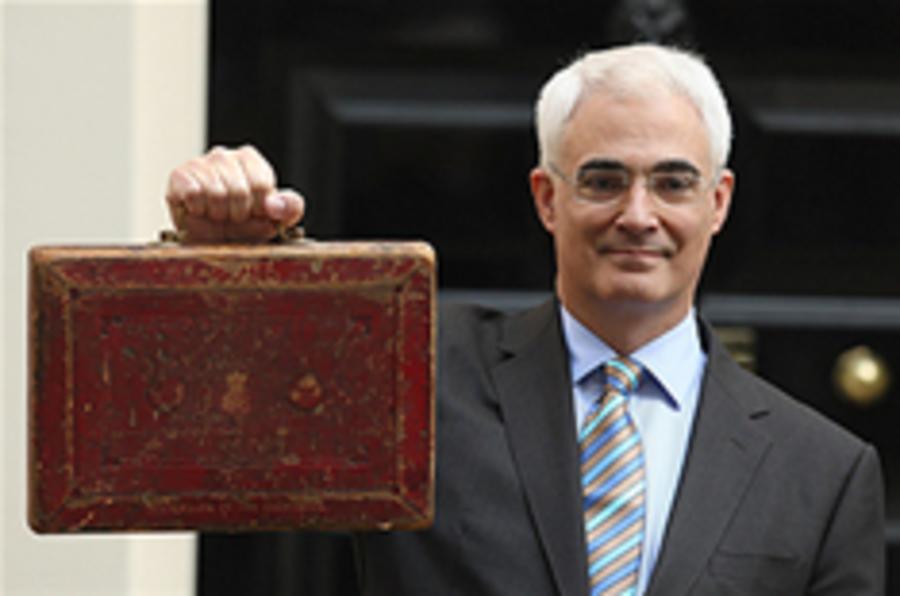Chancellor Alistair Darling has confirmed that the UK will get a car scrappage scheme from next month.
The UK car industry has put considerable pressure on the government to introduce a scheme to encourage new car purchases and help support UK dealers and manufacturers.
Scrappage 'compromise' attacked
Scrappage 'bad for premium cars'
Blog - Scrappage: it's £1k, not £2k
Blog - German makers scrap over scrappage
The chancellor announced that when a car more than 10 years old is scrapped the government will offer a £2000 discount on a new car.
There will be £300 million of funding put into the scheme, which will run from mid-May until March 2010, or until the government funding has been used.
However, the scheme's incentive will be split between the government, which will provide £1000, and the car industry, which will pay the other £1000. As a result, car manufacturers must sign up to be part of the scheme and they are not obliged to take part.
Dealers of participating manufacturers will be required to do all the paperwork for the car buyer, and arrange for the old vehicle to be scrapped.
The old vehicle being scrapped must be a passenger car or small van up to 3.5 tonnes, registered in the UK on or before 31 July 1999, currently registered with the DVLA to a UK-domiciled registered keeper making the application or on a SORN notice, have a current MOT test certificate, and have been continuously registered to the owner for the 12 months precedeing the purchase.
The new vehicle must be a passenger car or small van up to 3.5 tonnes, first registered in the UK on or after the date the scrappage scheme is launched and be the first registration for the car, be a UK-specification car and registered to the same registered keeper as the vehicle being scrapped.
There will be no C02 restrictions on the new cars in order to help sales of cars from luxury manufacturers – particularly Jaguar Land Rover - and the scheme is scheduled to close in March 2010.
The path towards the scrappage discount has been tortuous, with widely reported disputes between business secretary Lord Mandelson, who has been vocal in his support for such a scheme, and the treasury, which has been desperately looking for ways to cut spending.





Add your comment